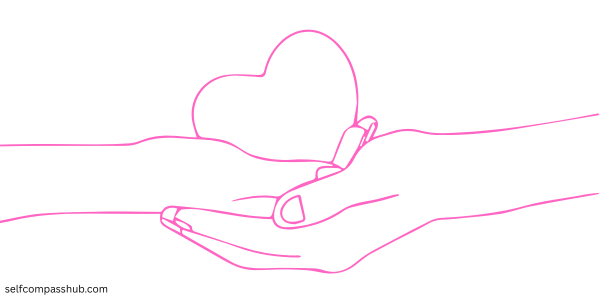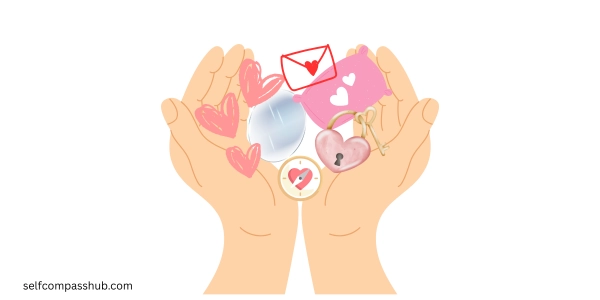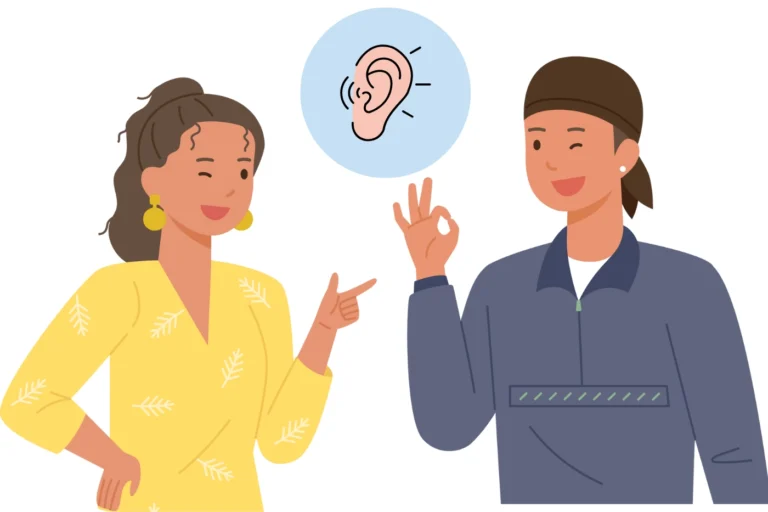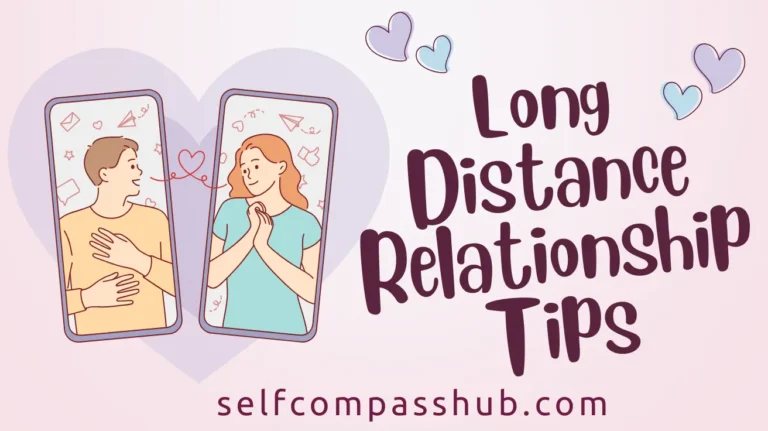We’ve all heard that relationships take work, but what does that really mean? Whether you’re in a new relationship filled with excitement or have been with your partner for decades, understanding the dynamics that shape your connection can make all the difference between merely surviving and truly thriving together.
Healthy relationships don’t happen by accident. They’re built through intention, awareness, and consistent care. In this post, we’ll explore the fundamental elements that make relationships work, common challenges couples face, and practical strategies to strengthen your bond with your partner.
The Foundations of Healthy Relationships
Effective Communication: The Lifeline of Connection
Communication is more than just talking – it’s about creating understanding. Healthy couples communicate in ways that foster connection rather than division. This includes:
- Active listening: Giving your full attention, making eye contact, and truly absorbing what your partner is saying rather than just waiting for your turn to speak.
- Speaking from “I” perspectives: Sharing your feelings using “I feel…” statements rather than accusatory “You always…” statements.
- Regular check-ins: Creating space for meaningful conversations about your relationship, not just logistics and schedules.
When Sarah and James realized they were constantly miscommunicating about household responsibilities, they instituted a weekly “relationship meeting” where they could discuss concerns before they became resentments.
Trust: The Cornerstone of Security
Trust is earned through consistency between words and actions. It’s built when partners:
- Follow through on commitments, big and small
- Respect boundaries and agreements
- Share vulnerabilities appropriately
- Repair quickly when trust is broken
Trust isn’t static – it’s either being strengthened or weakened with every interaction. Small moments of reliability build a foundation that can withstand larger challenges.
Emotional Intelligence: Understanding Self and Other
Emotional intelligence in relationships involves:
- Self-awareness: Understanding your own emotional patterns and triggers
- Self-regulation: Managing your emotional responses, especially during conflict
- Empathy: Making genuine efforts to understand your partner’s perspective
- Emotional responsiveness: Being available when your partner needs support
Research shows that a partner’s emotional responsiveness is one of the strongest predictors of relationship satisfaction. When your partner reaches for connection and you turn toward them rather than away, you strengthen your bond.
Respect and Boundaries: Honoring Individuality
Healthy love celebrates individuality within togetherness. This means:
- Valuing differences in opinions, interests, and needs
- Supporting personal growth and independence
- Negotiating boundaries that work for both partners
- Treating each other with dignity, especially during disagreements
Common Relationship Challenges
Navigating Conflict
Conflict itself isn’t the problem – it’s how couples handle disagreements that matters. Healthy conflict resolution includes:
- Taking breaks when discussions become too heated
- Focusing on understanding before problem-solving
- Avoiding criticism, defensiveness, contempt, and stonewalling (what researcher John Gottman calls the “Four Horsemen” of relationship breakdown)
- Seeking compromise where both partners feel their core needs are addressed
Remember: The goal of conflict resolution isn’t winning – it’s understanding and growth.
Balancing Connection and Independence
Every relationship negotiates the dance between togetherness and autonomy. Finding balance means:
- Maintaining individual friendships and interests
- Supporting each other’s personal goals
- Creating rituals of connection that nurture your bond
- Respecting different needs for alone time and together time
Managing Different Attachment Styles
Our early experiences shape how we connect in adult relationships. Understanding attachment styles can help:
- Secure attachment: Comfortable with intimacy and independence
- Anxious attachment: Fears abandonment and seeks reassurance
- Avoidant attachment: Uncomfortable with too much closeness
- Disorganized attachment: Conflicted about intimacy and independence
When Miguel realized his tendency to withdraw during conflict stemmed from his avoidant attachment style, while Leila’s anxious pursuit came from her fear of abandonment, they could approach their dynamic with more compassion and intention.
Navigating Life Transitions
Relationships must evolve through:
- Career changes and relocations
- Expanding family through children or caring for aging parents
- Health challenges and losses
- Evolving personal identities and priorities
The most resilient couples approach transitions as a team, communicating openly about fears and hopes while creating new rhythms together.
Strengthening Your Bond
Quality Time: Beyond Date Night
While regular date nights matter, deepening connection requires:
- Daily rituals: Small moments of connection like morning coffee together or goodnight kisses
- Novel experiences: Trying new activities that create shared memories
- Unplugged time: Setting aside devices to be fully present
- Meaningful conversations: Discussing dreams, values, and reflections, not just daily logistics
Vulnerability and Intimacy
True intimacy flourishes when partners:
- Share fears, hopes, and insecurities
- Express needs directly rather than through criticism or withdrawal
- Respond to vulnerability with acceptance rather than judgment
- Create physical intimacy that honors both partners’ needs and boundaries
Emotional intimacy often precedes physical intimacy. When couples feel emotionally safe, physical connection deepens naturally.
Supporting Growth and Dreams
The strongest relationships are growth-oriented, where partners:
- Celebrate each other’s achievements
- Provide encouragement during setbacks
- Challenge unhealthy patterns with compassion
- Create space for evolving identities and dreams
Creating Shared Meaning
Couples thrive when they co-create:
- Shared values and priorities
- Family traditions and rituals
- Common goals and visions
- Inside jokes and unique relationship language
Practical Exercises to Strengthen Your Relationship
The Daily Temperature Check
Take turns answering these three questions:
- “What was meaningful about your day?”
- “What was challenging about your day?”
- “How can I support you right now?”
This simple practice fosters connection and prevents emotional distance.
The Appreciation Practice
Share three specific things you appreciate about your partner each day. Be detailed – instead of “Thanks for making dinner,” try “I appreciate how you remembered my favorite meal after my difficult day. It made me feel truly seen and cared for.”
The Conflict Reset
When tensions rise, try this structure:
- One person speaks uninterrupted for 2-3 minutes about their perspective
- The listener reflects back what they heard
- Switch roles
- Brainstorm solutions together after both feel understood
The Intimacy Builder
Take turns completing these sentences:
- “I feel most loved when you…”
- “I feel most disconnected when…”
- “Something I’ve been wanting to tell you is…”
- “I feel most secure in our relationship when…”
Conclusion
Relationships are living entities that require consistent nurturing. The quality of your connection isn’t determined by the absence of challenges but by how you navigate them together.
By understanding the dynamics that influence your relationship and intentionally practicing skills that foster connection, you can create a partnership that not only endures but flourishes.
Remember that growth isn’t linear – you’ll have setbacks alongside breakthroughs. The willingness to learn, adapt, and recommit to each other is what ultimately creates a lasting bond.
Reflection Questions:
- Which area of your relationship feels strongest right now?
- Which area could use more attention and intention?
- What’s one small step you could take today to strengthen your connection?
Love isn’t just something we feel – it’s something we do. What will you do today to nurture your most important relationship?
What relationship dynamic has been most challenging for you and your partner? Share in the comments below!












